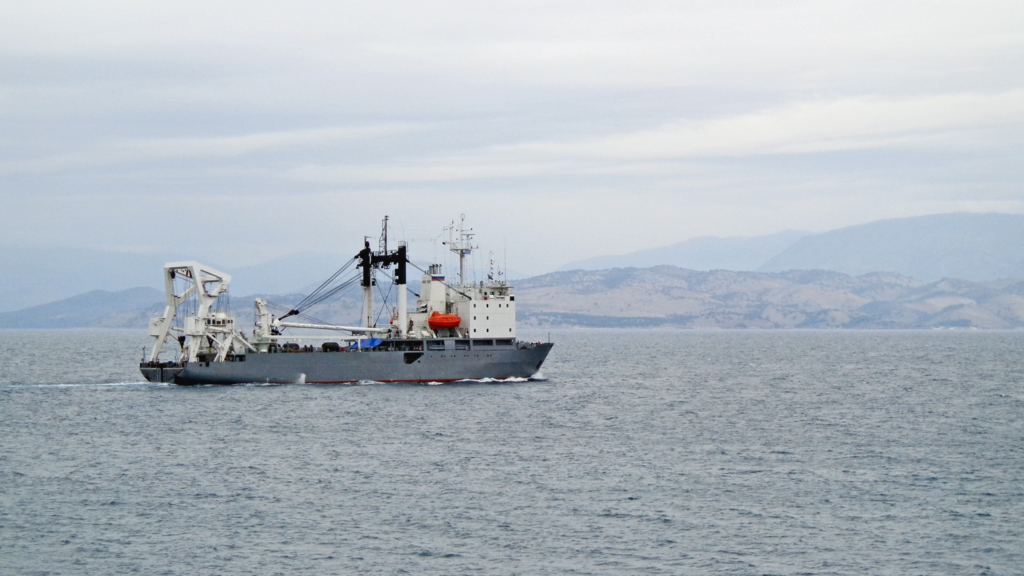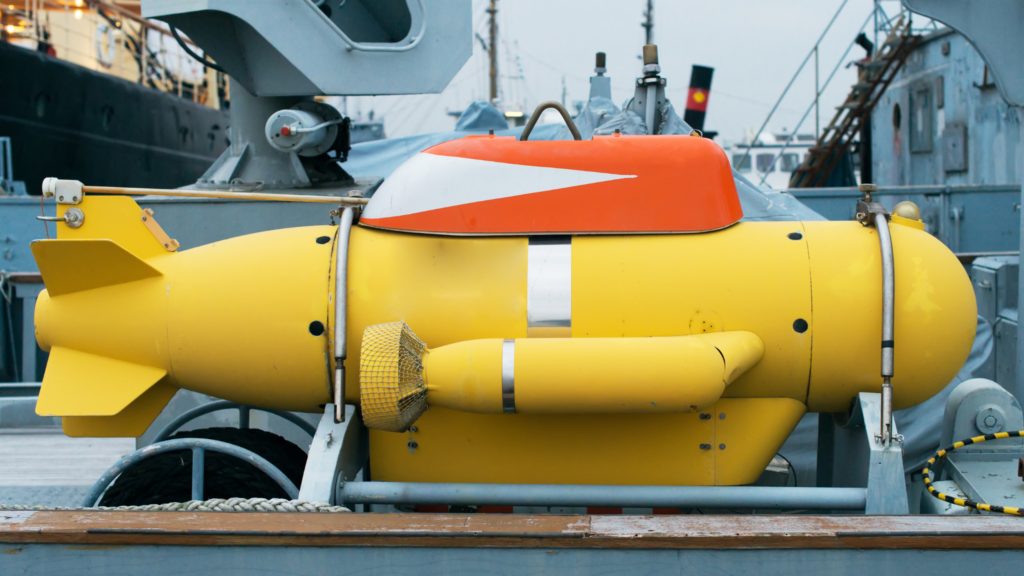When it comes to understanding our planet, much of the focus lies beneath the surface of our oceans. Oceanographic explorations are essential to science, technology, and innovation, playing a pivotal role in research on natural resources, climate systems, and ecosystems. With oceans holding vast energy reserves, rich ecosystems, and being critical to global trade, the significance of research vessels as tools for investigation cannot be overstated.


What are Research Vessels?
Research vessels are specialized ships designed specifically for oceanographic research and exploration, serving two primary functions: transportation of scientific equipment and facilities, and accommodation for the personnel required to conduct research activities. These vessels can be newly built or retrofitted from existing ships, particularly cargo and passenger vessels—a growing trend across the industry.
To fulfill their mission, research vessels must meet a couple of critical design requirements:
- Basic or Vessel Requirements: These requirements encompass the ship’s capabilities in terms of speed, size, stability, endurance, performance, positioning, and overall seaworthiness. While speed is not a significant consideration, the need for stability and structural strength is paramount, particularly as research vessels often operate in turbulent environments for extended periods.
- Technical or Scientific Requirements: This aspect focuses on outfitting the vessel with the necessary equipment, systems, laboratories, and instrumentation essential for carrying out detailed scientific research. Stationkeeping capabilities are vital, enabling the vessel to remain stationary over a specific location for concentrated study.
The Science at Sea: Applications of Research Vessels
Research vessels are equipped to undertake a wide range of scientific endeavors. Equipped with advanced tools and technology, these vessels help gather critical data, including:
- Hydrographic Surveying: The study of aquatic landscapes and features, enabling maps of underwater geography, sediment transport, and seismic activity to be created. Hydrographic data informs navigational safety and is vital for constructing port facilities, as well as supporting oil and gas exploration efforts.
- Oceanographic Research: Focused on studying the physical, chemical, and biological properties of ocean water, oceanographic studies provide insights into marine life and the health of ocean ecosystems.
- Special Purpose Research: These activities can range from polar expeditions assessing climate change impacts to testing communication between space satellites and underwater operations.
Design Considerations for Research Vessels
The design of research vessels allows for extensive accommodation of personnel and research activities, with an emphasis on maximizing deck space. Key design elements include:
- Spatial Efficiency: Research vessels prioritize spacious compartment volumes to house extensive research equipment and provide accommodations for crew members working extended periods at sea. Laboratory spaces are often located on the main deck for easy access.
- Strength and Stability: Decks of research vessels are robustly constructed to support significant operational loads, particularly when the vessel is stationary. Close spacing of transverse and longitudinal framing strengthens the hull against operational stresses.
- Unique Hull Design: Research vessels often feature a bluff form, as minimizing resistance while maintaining stability in rough seas is essential. Moreover, measures are taken to reduce acoustic interference, ensuring that sensitive scientific instruments operate optimally. Designs may include noise-dampening materials and isolation mounts to mitigate machinery vibrations.
- Operational Self-Sufficiency: Research vessels are designed to sustain extended missions, equipped with ample fuel capacity and onboard supplies to support crew and equipment over multiple days—or even months—without needing to return to port.
The Future of Research Vessels
Looking forward, advancements in technology promise to enhance the capabilities and design of research vessels. The integration of automation and remote sensing offers exciting possibilities for data collection and monitoring without the need for extensive human presence onboard.
As the pressures of climate change intensify, the role of research vessels will expand, providing critical insights to inform global understanding and action regarding our planet’s oceans.
Conclusion
Research vessels are vital tools in the quest to uncover the hidden mysteries of our oceans. With their unique design, technological capabilities, and varied applications, they provide scientists with the means to explore, study, and understand our planet’s aquatic realms. As technology advances and challenges evolve, research vessels will continue to be indispensable in navigating the complexities of oceanography, bolstering our collective efforts to protect and sustain our precious marine environments.